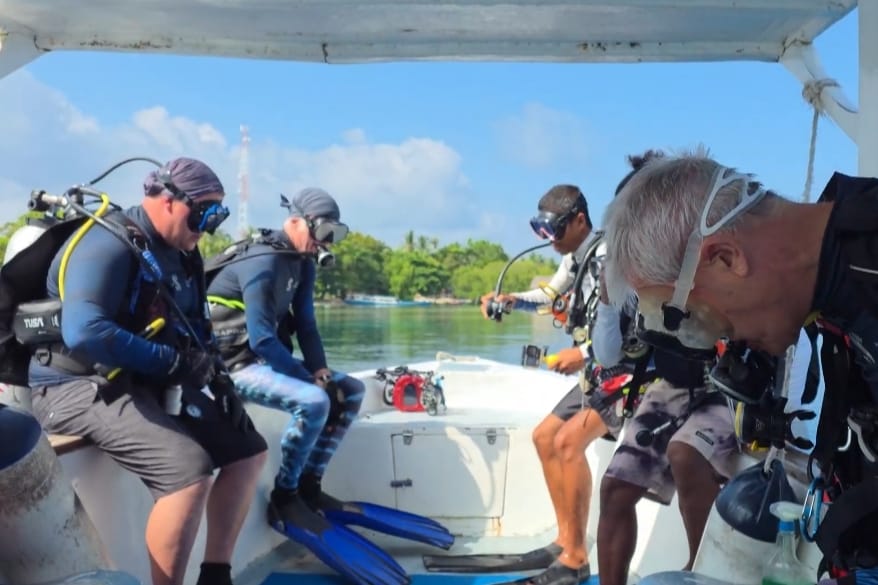G20 presidency expands access of Indonesian farmers to global markets

Jakarta (Indonesia Window) – Head of the Research Center for Indonesian Policy Studies (CIPS) Felippa Amanta has said Indonesia’s G20 presidency opened up opportunities for the agricultural sector in the country to expand access to global markets.
“The G20 summit can be used to promote a fair and inclusive global trade system, including through the reduction of non-tariff barriers for farmers and MSMEs (micro, small and medium enterprises), as well as improve a more productive and sustainable agricultural food system,” Felippa said here on Thursday (Feb. 17).
According to her, Indonesia needs to take advantage of the G20 presidency to uphold farmers and MSMEs in the food and agriculture sectors towards the global market.
Farmers and MSMEs in the food and agriculture sectors play an important role in economic recovery, yet currently they are still unable to compete with other countries, she added.
The quantity and quality of local farmers’ production and post-harvest processing in the archipelagic country is still considered a challenge.
Felippa pointed out several challenges, including limited lands, difficulties in accessing affordable seeds or fertilizers, and low productivity.
The research and development are also still lacking, lowering transfer of innovation, technology and knowledge, she added.
“The existing support system is also insufficient, for example storage and processing, drying or cold chains for perishable items such as fruits and vegetables,” Felippa said.
In addition, farmers and MSMEs find difficult to meeting international standards on food safety, quality and sustainability required by the European Union and other countries.
On the other hand, external challenges arise from non-tariff barriers to trade, she said.
“As many as 96 percent of the agriculture, livestock and fisheries sectors are MSME actors. So one of the keys to economic recovery is to restore MSMEs,” Felippa said.
CIPS recommends that farmers and MSMEs be given wider access to engage in value chains in order to increase competitiveness. In addition, they are also expected to be able to supply raw materials to the industry, both midstream and downstream, or to the export markets.
In addition, the government also needs to reduce obstacles to market access in the form of non-tariff barriers, because this is considered to increase trade transaction costs for MSMEs and limit their access to quality agricultural inputs.
CIPS recommends that the government undertake several policy reforms to strengthen sustainable agricultures by reallocating agricultural subsidies to research and technology programs.
Reporting by Indonesia Window

.jpg)








